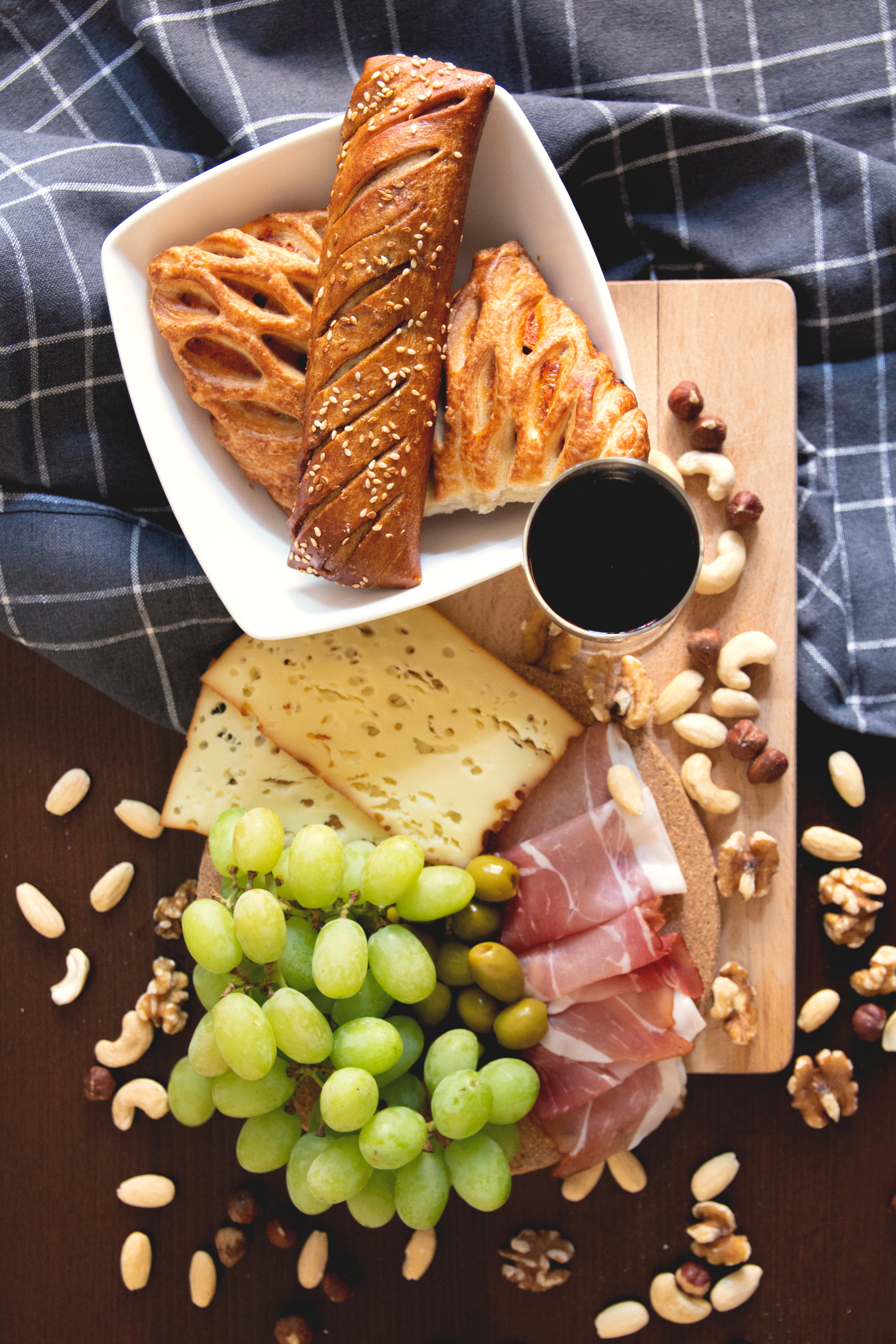Do cheat meals help or hurt your diet? That's a question that many people are asking these days. The answer is not always clear-cut, but there are some things to consider when creating meals. For one thing, they can be a great way to refuel after a hard workout. They can also help you stay on track with your diet goals by preventing cravings and weight gain. Unfortunately, however, too many cheat meals can sabotage your dieting efforts. So how do you make the most of this dietary strategy? We'll explore that question in today's blog post.
What is a cheat meal?
A cheat meal is a planned meal that allows you to eat foods usually off-limits. For example, if you're following a diet that doesn't allow you to make this authentic bolognese sauce, you might have a cheat meal where you enjoy a plate of pasta with this delicious sauce. So, do cheat meals help or hurt your diet? There is some debate on this topic, but the consensus seems to be that cheat meals can be helpful for your diet. Here's why:
- Cheat meals can help to boost your metabolism. When you deprive your body of certain foods, it goes into "starvation mode" and starts to hold onto fat stores. This is why restrictive diets are often unsuccessful in the long term. Cheat meals can help reset your metabolism and keep your body from going into starvation mode.
- Cheat meals can help to keep you motivated. Let's face it, diets can be tough to stick to. If you feel like you're constantly depriving yourself, it's only time before you give up entirely. Having a cheat meal (or even just a cheat day) built into your diet plan can help keep you on track by giving you something to look forward to.
- Cheat meals can help you stick to your diet long-term. If you never allow yourself any "fun" foods, it's only a matter of time before you entirely burn out and give up on your diet. However, if you allow yourself the occasional cheat meal, you're more likely to stick to your diet long-term.
Of course, there are a few caveats to keep in mind:
- First, it's important not to overdo it with cheat meals. If you find that you're regularly eating more calories than you should be, or if you're not sticking to your diet most of the time, then cheat meals are probably not suitable for you.
- Second, be sure to choose healthy foods when you have a cheat meal. A slice of pizza or a burger every once in a while is fine, but don't make a habit of eating fast food every week.
- And lastly, be sure to get back on track after your cheat meal. Don't let one bad meal turn into a week (or month) of bad eating habits.
How to make sure your cheat meal is beneficial
We all know the feeling. Two weeks into your new diet, you're feeling great, and then suddenly, a craving hits. Or someone offers you your favorite dish, and it's too hard to resist. And before you know it, you've fallen off the wagon and are eating everything in sight.
But cheat meals don't have to be a bad thing. On the contrary, if done right, they can benefit your diet. Here's how to make sure your cheat meal is helping your diet:
- Make sure it's something you crave. If you're going to cheat, make sure it's something you want. Otherwise, you'll feel guilty and won't enjoy your meal.
- Plan for it. Don't just decide on a whim to have a cheat meal. Plan for it in advance to make sure you're still within your calorie budget for the week.
- Make sure it fits into your macros. Make sure your cheat meal includes your daily allotment if you're tracking macros. This will help prevent any weight gain and ensure that you're getting all the nutrients you need.
- Don't go overboard. Just because it's a cheat meal doesn't mean you need to eat everything. Moderation is vital!
- Listen to your body. Cheat meals are enjoyable, so make sure you're listening to your body and not just your mind. If you're not in the mood for a cheat meal, don't force yourself to have one.
By following these tips, you can make sure that your cheat meal is helping your diet instead of hurting it. So go ahead and indulge yourself every once in a while – you deserve it!


